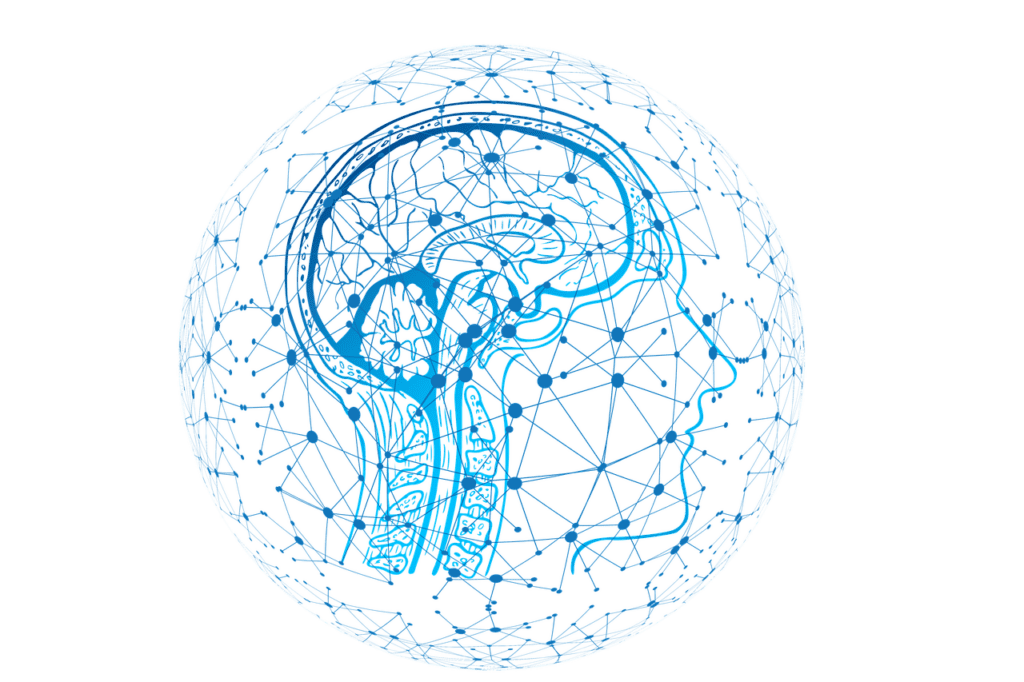Metabolism of the brain shapes thinking and cognitive boundaries
A new study led by Dr. Philipp Haueis, philosopher of science at Bielefeld University, and his co-author David J. Cola├¦o from the Ludwig Maximilian University of Munich, sheds light on how the brain’s metabolism influences cognitive abilities such as memory, perception and attention. The results were recently published in the journal “Behavioral and Brain Sciences” and shed new light on the biological basis of thinking.
The human brain, which accounts for only about two percent of the body’s mass, consumes about 20 percent of the body’s total energy, while still working more efficiently than modern computers. However, many previous models for explaining mental processes hardly take these energetic limitations into account. The study shows that metabolism plays a double role: It helps to test the plausibility of existing cognitive models ŌĆō models that require more energy than the brain can provide are considered unrealistic. It also offers approaches for new models that show, for example, how neural networks use energy to learn efficiently and what connections exist between brain structure and information processing.

The research was conducted at the Institute for Science Studies (ISoS) at Bielefeld University, which received the status of a central academic unit in May 2025. The ISoS combines interdisciplinary approaches from science, medicine and technology and analyzes the embedding of scientific practices in social contexts. The study uses the journal’s “Open Peer Commentary” format to stimulate a broad discussion of the results that reaches far beyond expert circles.
The authors emphasize that understanding the energy-dependent nature of thought offers new perspectives on mental effort, information processing, and the comparison between biological and artificial intelligence. This could not only enrich basic research, but also spur social debates on AI and energy efficiency, for example by clarifying why attention is limited and machine learning takes different paths than the human brain.
Original Paper:
Metabolic considerations for cognitive modeling | Behavioral and Brain Sciences | Cambridge Core
Editor: X-Press Journalistenb├╝ro GbR
Gender Notice. The personal designations used in this text always refer equally to female, male and diverse persons. Double/triple naming and gendered designations are used for better readability. ected.




